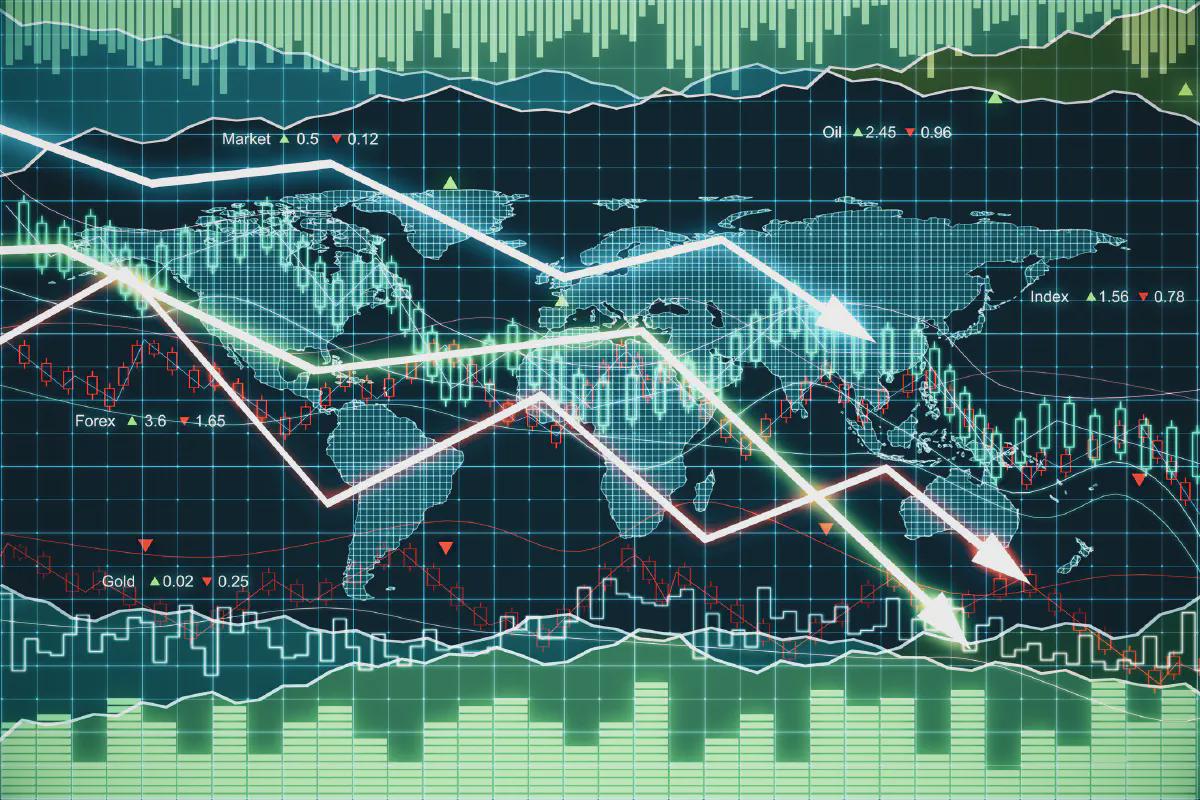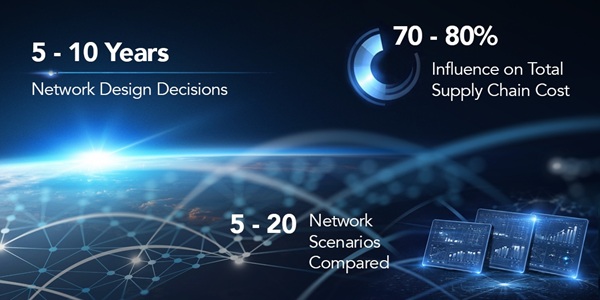
Author: Kerem Secilmis
The global economy – which, up until recently, was growing rapidly and robustly for many years – has hit a rough patch, and we are now in the midst of a period of great economic turmoil and uncertainty.
Turn on the news and you will see reports of wild currency fluctuations, tariffs and escalating trade conflicts, extreme market volatility, and simmering geopolitical tensions that pose a perpetual threat to global financial stability. Many analysts are warning of a possible, full-blown global economic crisis on the horizon.
Supply chain companies, of course, are not immune to these global economic downturns – as they can have a major impact on worldwide supply and demand dynamics.
Global economic crises can wreak havoc on supply chain companies’ bottom lines – and many firms, use this as an opportunity to institute cost-cutting measures, tightening budgets and pulling back on expansion plans and investment in new initiatives.
Although it may seem counterintuitive, a financial crisis – when most companies are looking to slash both CAPEX and OPEX – is actually a perfect time to invest in an algorithmic supply chain planning and optimized decision making solution.
Why – you might wonder – should supply chain companies invest what may amount to millions of dollars in a software solution during a time of economic upheaval and uncertainty?
Here are a few good reasons:
Long-term cost savings
Although supply chain planning and decision making optimization solutions require a not insignificant initial investment, they can enable companies to improve their capacity utilization and efficiency – leading to a huge reduction in costs (and increase in delivery performance) over the long haul. As ROI for such solutions can typically be recouped in less than a year, the investment cost is small compared to the immense, long-term bottom-line gains that will be realized.
Global impact
Supply chain companies with a global presence (and thus, a substantial exposure to global economic turmoil) stand to benefit greatly by implementing optimization solutions. For global companies – with networks of suppliers, manufacturing facilities, and customers across numerous different countries – these solutions can deliver integrated, optimized strategic, tactical, and operational planning and decision making across their entire, end-to-end supply chain networks.
And the cost of this investment is roughly the same as they might spend on buying a single piece of equipment – for example, a machine for one of their manufacturing facilities (which, due to decreased demand, they might end up not using during an economic downturn). It is a very small price for a software solution that can deliver such large financial and operational benefits.
Increased supply chain agility
To survive and thrive during a global economic crisis, when supply and demand conditions are extremely volatile, companies must have supply chain agility. With an intelligent, integrated supply chain optimization software solution, companies have the ability to respond efficiently and effectively to constantly changing market conditions. For example, a company may need to rapidly revise its procurement, production, or distribution strategies due to sudden fluctuations in currency rates.
During a global financial crisis – when the only certainty is economic uncertainty – supply chain companies need to be agile and able to make instant, optimized business decisions (based on the latest developments in the financial world) to keep their supply and demand in balance and ensure ongoing productivity and profitability.
For all these reasons and others, a global financial crisis is actually an opportune time for supply chain companies to invest in an algorithm-based supply chain planning and optimized decision making solution, like ICRON.
With such a solution, supply chain companies can weather the economic storm and emerge with an edge on their competition.
Let me give you an example: During the last global financial crisis in 2008, one of our customers – a major TV manufacturer based in Turkey – was able to survive and thrive while all 32 other TV manufacturers in Eastern Europe went bankrupt. Commenting on how his company was able to remain profitable during the economic crisis, one of the senior managers said that the company could not have achieved this without the help of ICRON. With ICRON, this TV manufacturer had the supply chain efficiency and agility necessary to overcome the volatility of the global financial crisis.
If you would like to see ICRON in action, please contact us. If you have enjoyed this blog, you can find more content that you might enjoy here.













